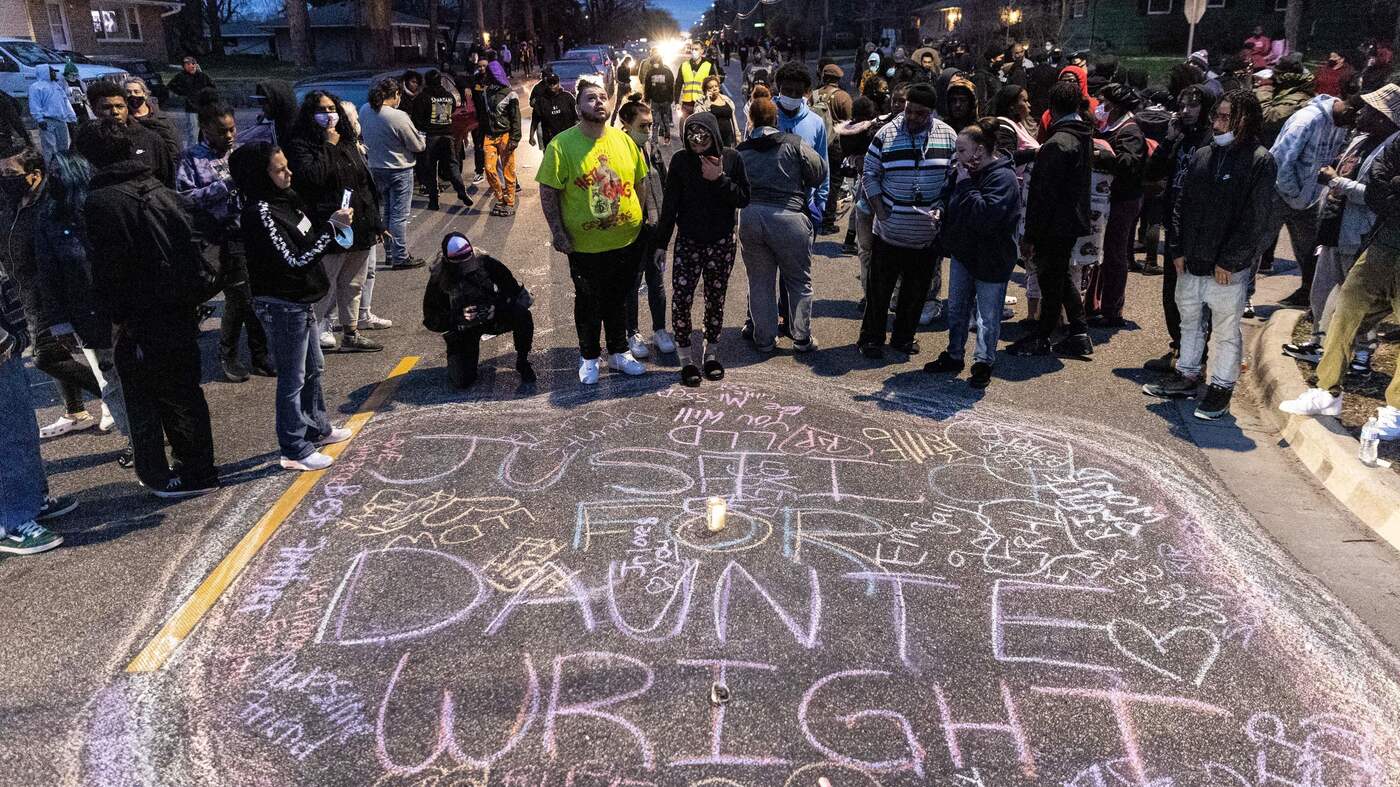

By Natalia Ruvalcaba and Srimathi Kannan
WASHINGTON, D.C. – As concerns increase surrounding America’s ongoing issue with racism at the hands of the police, reform has yet to come to address the problems facing Black Americans most, according to recent media reports.
The Hill reports that the Centers for Disease Control and Prevention (CDC) documented a historical juncture when they noted that racism has manifested, through the practices of health and medicine, into the consequential threat to public health. While racism remains a growing issue to tackle, proposed policy to combat the issue continues to face opposition.
Recently, President Biden has grappled with the idea of an executive order, yet Congress continues to counter policy that aims to rectify racism in policing. In all, there remains no definitive answer of whether federal policy will be established.
Racism has come to the forefront of our nation’s issue through the converging interactions of policemen and Black Americans, as stated by The Hill.

Feeling defeated by the countless lives lost at the hands of the police, individuals came together from across the nation in efforts of the Black Lives Matter movement, particularly after the death of George Floyd. While not typically thought of as a safety and health issue, policing serves as such for Black Americans who, as a result of police misconduct, endure death and injuries at alarming rates.
According to The Hill, research has found that while more than half of police killings have been mischaracterized, Black Americans remain 3.5 times more likely to be killed by police than white Americans.
Though, knowing that Black Americans’ views are not always represented by the nation’s general public, The Hill investigated the data that comprise the Black American public opinion.
Through The Hills’ findings, they reported that 59 percent of Black Americans said that racial injustice and police violence accounted for the most pressing issue. Matters of police misconduct, racial discrimination, and violence are of utmost importance to Black Americans, with 70 percent noting that they only trust the police to conduct themselves appropriately sometimes or not at all.
Findings also reported that 65 percent of Black Americans contribute Black American death in relation to policing as being a part of a larger issue, noted The Hill. In relation, the rate at which Black Americans feel unsafe due to their race is marked at 63 percent.
The idea that police brutality in accordance with the public is extremely serious is upheld by 77 percent of Black Americans. Additionally, it is believed that the officers that are involved in cases of police brutality are not punished appropriately by 72 percent of Black Americans.
When asked about Biden’s potential executive order, 88 percent of Black Americans reported that policing in America needs major transformations, as stated by The Hill. This percentage differs significantly from the 51 percent of Americans who agreed that policing needs changes in the general U.S. public’s poll.
Notably, 71 percent of Black Americans said that they have little to no trust in law enforcement and 78 percent indicated that treatment of white Americans is much better than Black Americans.
About 90% of the Black Americans approve altered policies in management as people who break the law can no longer serve in the department for the overall well-being of the community and supporting the usage of body cameras every time and to further prevent violence intervention, said the Hill.
About 70% of the Black Americans supported removing the enforcement officers of non-violent crimes and the prosecuting officers who abused their power in demonstrating the standard and to report wrongdoing.
Comprising the bans on police shooting at moving vehicles and to curb the use of rubber bullets in order to reduce the transfer of military weapons to state and local police departments, according to the Hill’s report.
I am not going to go through all the links and study mass of tables in some links to confirm or deny, but some links led to log-in pages of which I have no access. Is there not some minimum journalistic requirements for links besides the ability to create a hyperlink?
I get the gist of the article, but this paragraph seems to reference disparate things as all the same:
While this last paragraph didn’t even fall together as a complete sentence:
I’d say more . . . but why ?bother to have a sentence makes cents bippy bippy butang gru gru gru . . .
Your last sentence, Alan M : 9.8